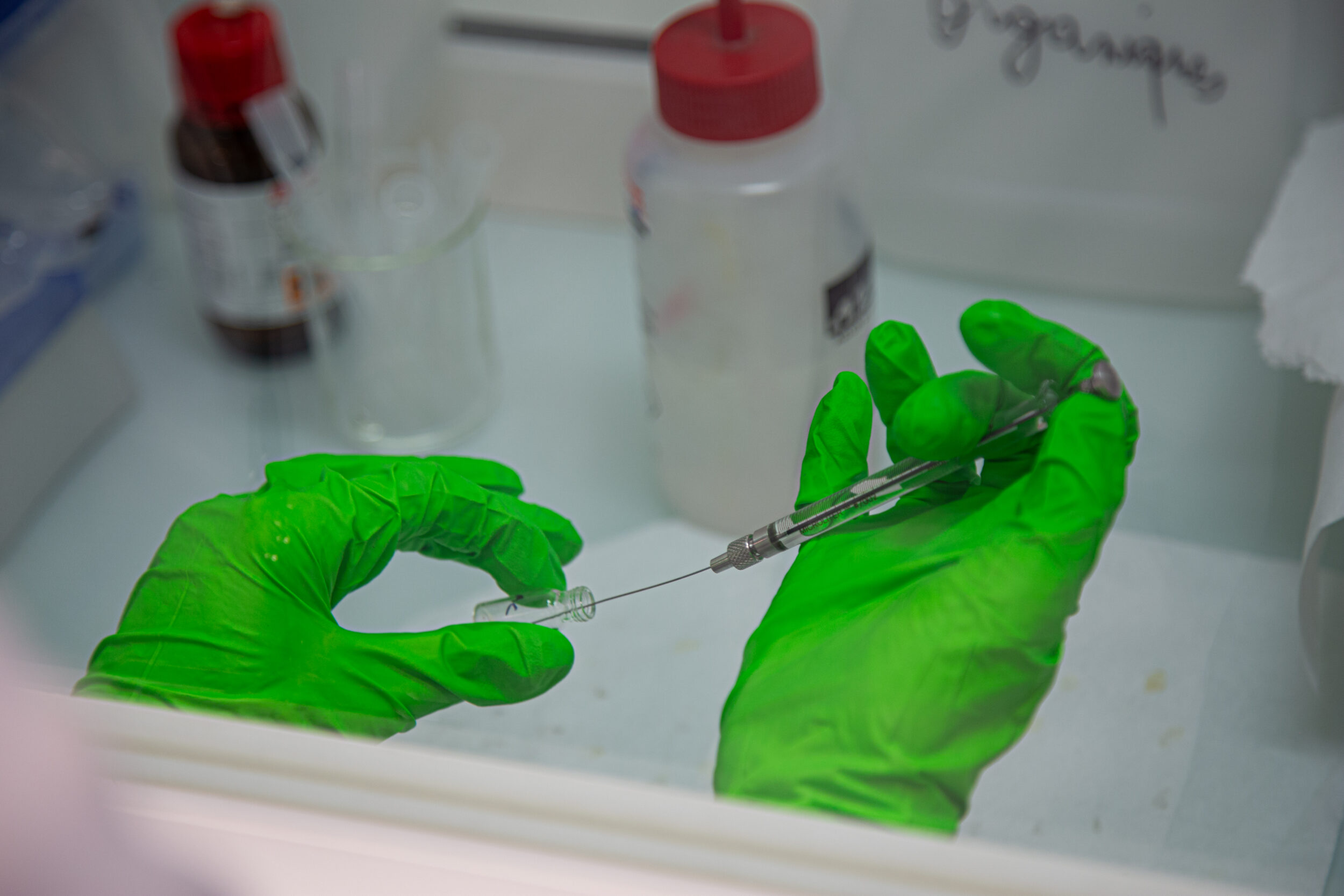
The National Center for Precision Medicine PRISM is entering a new dimension by becoming a hospital-university institute.
Origin and Philosophy of the Project
PRISM is founded on a long-term vision of cancer: exploring new multidimensional components of the disease biology for each patient with cancer or individuals at risk of cancer.
The National Center for Precision Medicine PRISM was launched by five founding partners in 2018: Gustave Roussy, Université Paris-Saclay, CentraleSupelec, Inserm, and Unicancer.
The project details
-
#1Detailed description
Prism is developing an integrative translational research approach and relies on innovative methodology and tools: artificial intelligence, epigenetics, clonal heterogeneity of tumors through the analysis of circulating DNA, spatial biology, and microbiome studies, among others.
This comprehensive molecular profiling work aims to create a digital summary map of the biology of each patient, and to identify new biomarkers and predictors of treatment response (sensitivity, drug toxicity). Their effectiveness will be validated through large-scale clinical trials to identify appropriate therapeutic targets and optimize the treatment of difficult-to-treat cancers.
When the risk of death is low, the objective will be to lighten the burden of care by creating new standards to administer only useful treatments and reduce toxicities. At the same time, risk predictors will help guide individuals at high risk of developing cancer towards Gustave Roussy’s personalized prevention program, Interception, which will develop early detection methods and trials for modulating risk factors.
Two laboratories from the school are involved in this project:
The MICS laboratory (Mathematics and Computer Science for Complexity and Systems) has worked on new methods and reasoning for data processing through algorithms. Given the variety and immense volumes of data collected, which exceed human processing capacity, this laboratory proposes the use of AI solutions capable of sorting, analyzing, and interpreting all medical data.
The CVN laboratory (Center for Digital Vision) mainly deals with medical imaging and radiology, notably through the use of deep learning or deep learning techniques.
-
#2Objectives of the project
The societal impact is manifold: enabling earlier intervention, reducing mortality from hard-to-treat cancers, improving access to effective treatments, and avoiding unnecessary treatments. The long-term strategy involves proposing a new classification of cancers based on the biology of the disease and the patient, independent of the organ of origin of the cancer.
-
#3Expected results
The societal impact is manifold: enabling earlier intervention, reducing mortality from hard-to-treat cancers, improving access to effective treatments, and avoiding unnecessary treatments. The long-term strategy involves proposing a new classification of cancers based on the biology of the disease and the patient, independent of the organ of origin of the cancer.

I support
the fundraising campaign.
Tomorrow is ambition. With your support, we will be able to welcome and educate more students to excellence, preserve our digital, industrial, and food sovereignty while positioning ourselves as leaders in health and quality of life.